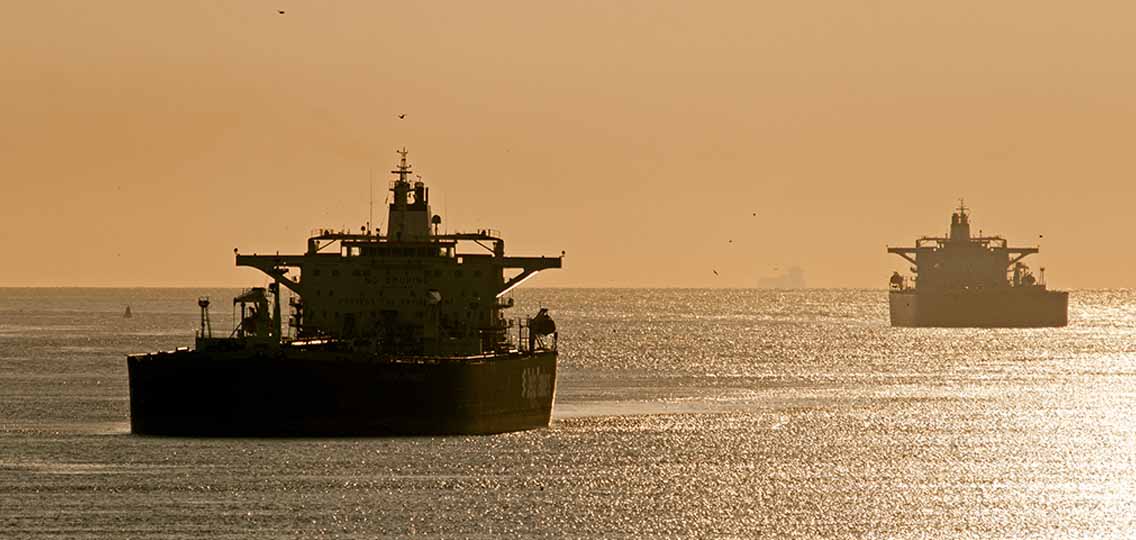Hearing on Enbridge’s controversial Northern Gateway pipeline project begins October 1
Opponents of Enbridge’s Northern Gateway project will finally get their day in court. Or, to be more precise, six days in court.
Eighteen lawsuits, including ones brought by our clients, have been filed and consolidated in to one mega-hearing that begins in Vancouver tomorrow. In the courtroom, Enbridge and the federal government will be up against steadfast, unwavering opposition from a diverse set of interest that includes First Nations communities, environmental groups and organized labour.
The legal case
A staggering 96 per cent of the groups and people who participated in the review process oppose Northern Gateway. The 1,177-km project would cut across many First Nations territories, cross hundreds of fish-bearing waterways, and increase tanker traffic off of B.C.’s unpredictable north coast, which is prone to stormy conditions and massive wave swells. Our clients remain concerned that this project poses a risk of an in-land pipeline rupture (see: Enbridge’s Kalamazoo River oil spill) or a tanker spill at sea (see: Exxon Valdez oil spill), both of which could have devastating long-term impacts on the communities and ecosystems along the Northern Gateway route.
Despite this, the Joint Review Panel tasked with assessing the project recommended that the federal Cabinet approve the pipeline. “Canadians will be better off with this project than without it,” the panel concluded in its final report.
Respectfully, our clients disagree. The panel’s final report is flawed and contains several legal errors. Therefore, it cannot be used as the basis for the federal government’s approval of Northern Gateway.
Our clients argue that the environmental assessment for the project was not complete. They allege that the review panel report erred by (among other things):
- failing to comply with the Species at Risk Act with respect to humpback whales;
- failing to balance Northern Gateway’s economic benefits and environment impacts; and
- failing to complete a lawful assessment of how bitumen reacts in marine environment.
(Read the full factum)
Any decision about Northern Gateway must be based on the best available science, especially when there is so much at stake. The panel’s flawed report cannot, and should not, stand as the final word on whether Northern Gateway is in the national interest.
The bigger picture
Pipeline projects like Northern Gateway have a single purpose: To move huge quantities of dirty fossil fuels from the landlocked tar sands to overseas markets. New pipeline infrastructure will facilitate tar sands expansion — already Canada’s fastest growing source of carbon emissions — and unleash more carbon into a world already battered by the effects of climate change. A report from the Canadian Centre for Policy Alternatives estimates that if built, the Northern Gateway project would trigger the release of an additional 80-100 megatonnes of greenhouse gas emissions into the atmosphere each year.
Climate change impacts were excluded from Northern Gateway’s scope of review, but the numbers make it clear that the project is a one-way ticket in the wrong direction on climate change and totally out of step with the need to reduce global carbon emissions — now. At the very least, these figures cast doubt on the assertion that pipelines and the baggage they come with are in the national interest.
Here’s what is in the national interest: A clean, low-carbon economy. One that recognizes that economic stability and resiliency is incompatible with a strategy that doubles-down on tar sands expansion. One that recognizes that a strong economy and a healthy environment go hand-in-hand.
Instead of debating new pipeline infrastructure that will lock us into a fossil fuel economy for the next 50 years, we need to have a real conversation about how to prepare Canada to thrive in a low-carbon future.
It’s a future within our reach. Research from a group of Canadian scholars, released earlier this year, confirmed that through a series of practical steps, like adopting successful provincial carbon-reduction initiatives at the national level — think B.C.’s carbon tax and Ontario’s phase-out of coal-fired power plants — Canada could dramatically cut its emissions and reach 100 per cent reliance on low-carbon electricity by 2035.
And in the meantime, the Ecojustice team will go to court to stand up against projects that threaten to lock us into the status quo, like Northern Gateway. With your support, we can build the case for a better earth.


